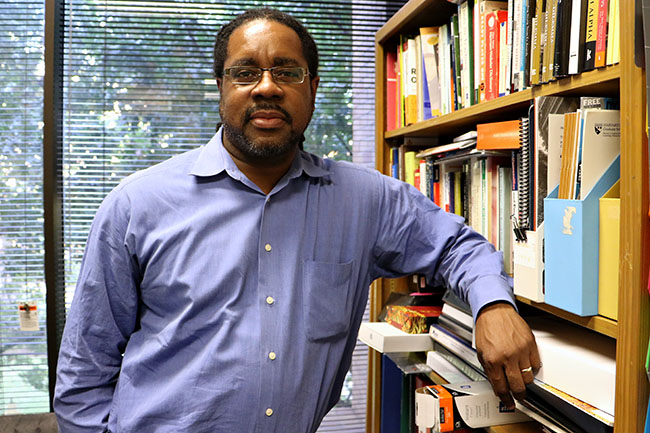Once again, colleges and universities are at the center of media attention. The resignations of University of Missouri System President Tim Wolfe and Chancellor R. Bowen Loftin, are the latest events confirming that W. E. B. DuBois’ prophetic words from 1903 can be applied to the 21st century as well. The problem remains the color line.
The genesis of the University of Missouri events — and there are many, including the elimination and later reinstatement of graduate student insurance — seems to be a pervasive concern about a hostile campus climate. Black students have shared examples of being racially assaulted via name-calling and physical aggression. This included student body president Payton Head being called a “nigger.” The sheer number of these events points to a troubling institutional response or perhaps, better stated, a lack of one. The crescendo of student activism was graduate student Jonathan Butler’s hunger strike, and perhaps most visibly (and financially), the announcement that the Missouri football team would boycott Saturday’s football game unless Wolfe stepped down.
While the Missouri situation is capturing headlines, it’s significant to note that Yale University is similarly experiencing student unrest over structural racism. These are not isolated incidents — we can point to incidents at Oklahoma, UCLA, and even here at The University of Texas at Austin. Universities occupy a problematic positionality in the regard that they both serve as sites of social change as well as bastions of social structure. It is only through intentional, structural efforts that directly challenge these mainstays that we can ever hope to address and overcome the institutional racism that assails and assaults students, staff, faculty, alumni and members of the community.
I would like to point out that The University of Texas at Austin has focused on campus climate for some time. Researchers in the Institute for Urban Policy and Research and Analysis (IUPRA) will soon release a report analyzing campus climate among faculty and staff. The Campus Climate Response Team (CCRT) in the Division of Diversity and Community Engagement and in partnership with the Office of the Vice President for Student Affairs, the Dean of Students and other units, has a reporting system where anybody can report a bias incident that will be investigated.
The CCRT has data from 2012 regarding the reported bias incidents on our campus. Diversity Education Initiatives engages members of the campus community in dialogues and trainings. BeVocal is an initiative to employ bystanders to intervene when potential harm occurs — inclusive of hate speech and bias. While we are not immune from incidents of racism or bias on this campus, there is an invested institutional commitment to addressing racial aggression.
It is very easy to discuss events at Missouri in the abstract; I would encourage every member of the UT community to think of it as an example of what can be termed the empathy gap. Whites and people of color tend to perceive the pervasiveness and impact of racism very differently. Greater dialogue and a willingness to understand how people of color experience predominantly White institutions — and a personal and institutional investment in dismantling institutional racism — is the initial step we should take to address these issues. We need a Manhattan Project to eradicate racism and bias. What better place to start the work than a university campus, indeed, one that proclaims that what starts here changes the world?
Reddick is assistant vice president of the Division of Diversity and Community Engagement and associate professor in the Departments of Educational Administration and African and African Diaspora Studies.





















